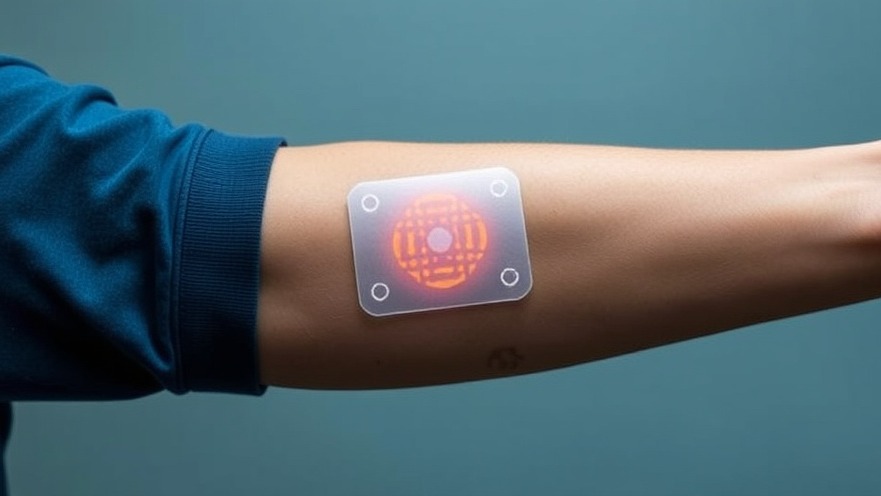
Boosting Public Health Through Data Reporting
In an era where healthcare is transforming rapidly, engaging with public health data is more critical than ever. According to the recent Health Information National Trends Survey (HINTS), nearly all U.S. non-federal acute care hospitals participated in electronic public health reporting in 2024, showcasing a concerted effort to modernize public health data exchange. This leap forward is crucial for healthcare providers and encompasses essential data types such as immunization, syndromic surveillance, and laboratory reporting.
The Challenges That Remain
However, while hospitals show strong engagement, they do not do so without hurdles. Reports indicate that over 80% of hospitals faced challenges with electronic public health reporting. These obstacles range from technical issues to the complexities of interoperating different systems. As health practitioners, understanding these challenges is vital as they directly affect patient outcomes and the efficiency of health systems.
The Role of EHRs in Data Submission
Electronic Health Records (EHRs) emerged as the predominant method for submitting data in 2024, with hospitals largely utilizing them for core data types, such as immunizations. Notably, about 86% of hospitals reported through EHRs for immunization registry data, demonstrating the significant reliance on these systems. This trend can be seen as a double-edged sword; while it enhances data collection, some practitioners might find themselves overwhelmed by the technological requirements.
Automation: A Healthier Future
There's a silver lining in the automation trend marking the public health landscape. Automating data reporting can significantly ease the pressure on healthcare providers while improving the speed and accuracy of data delivery to public health agencies. However, it’s important to ensure that the transition to automated systems is thoughtfully implemented to avoid further complexity for health practitioners.
Implications for Concierge Health Practitioners
For concierge health practitioners, staying informed about these advancements is not just a matter of compliance but a key to enhancing practice growth. Engaging in public health reporting can elevate their standing in the community and position them as proactive contributors to public health. Moreover, embracing technology can attract more patients who appreciate the modernized, data-driven approach to healthcare.
Conclusion: Embrace the Change
The path forward in public health data reporting may be fraught with challenges, but it is also replete with opportunities. As healthcare professionals embrace technology, they can significantly improve patient care and health outcomes. With the right support and resources, navigating these changes can yield rewarding dividends for their practices.
 Add Row
Add Row  Add
Add 






Write A Comment